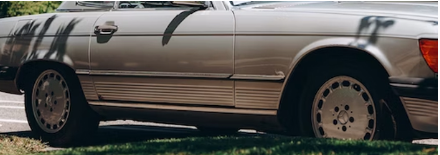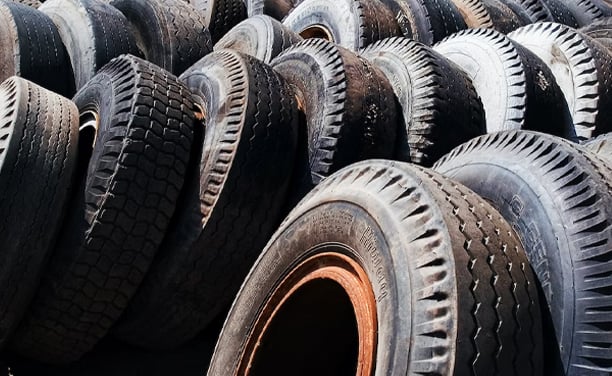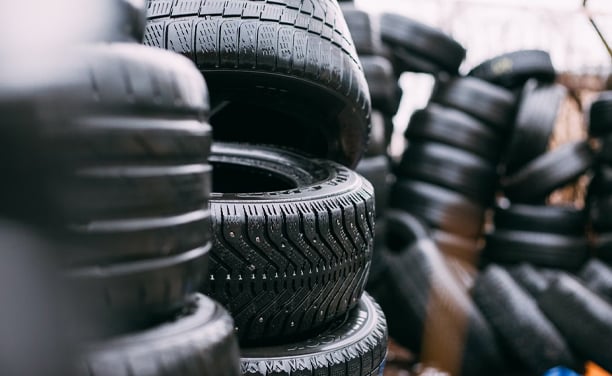Summer Tires vs. All-Season Tires for SUVs
Summer Tires vs. All-Season Tires for SUVs
Posted on May 22, 2023
Tires are an important part of any vehicle but have an essential role with SUVs which can go off-road. In this article, we’ll explore the benefits of each tire, when you should use them, and if they change the performance of your SUV on the road. 
Parts & Tires Specials Parts Department Search for Tires
What are Summer Tires?
Summer tires are sometimes called performance tires as they offer an excellent level of handling and control. In addition, they provide a reasonable amount of precision on wet or dry roads. However, they aren’t designed for regions that receive constant rain or are too cold.


Why They Work Best in Heat and Wet
Summer tires have a focus on road grip, making their grip better than most other tires. It’s because of this grip that they deliver better performance when the road is wet. Shallow and straighter grooves provide more constant contact with the road, the surface contact giving more grip regardless of the weather. However, the rubber for these tires is softer and can break easier.
What are All-Season Tires?
All-season tires are great options. However, they trade some of their performance for a longer lifespan. The rubber used in these acts as a mix between summer and winter options, combining the durability and traction of each. As long as the temperature is a little above freezing, these tires will be able to handle the road before them.


How Do Tires Affect Performance
Road surfaces change, whether from rain, snow, ice, heat, or otherwise. Being able to hold traction on a wet and slippery road can mean the difference between an accident and a safe journey. Without a grip on a wet surface, you’re likely to slide, especially while braking if you’re at a high enough speed.
Summer tires will take more damage once the weather starts getting colder, whereas all-season tires will last through any weather as long as it’s not freezing.
Do I have to Change My Tires for Each Season?
If you’re using seasonal tires, it’s advised to change tires per the season you’re going into. This change will help prevent any damage to the tires, keeping the ones that’ll work best for the season you’re in.
If you prefer not to change your tires and only need them for general or everyday use, all-season tires are a great option. These tires will last throughout most weather, with the only exceptions being temperatures below freezing.

How Do These Tires Handle On and Off-Road Scenarios?
Summer Tires
Summer tires are great for use on the road, specifically during the warmer season. When taken off-road, they can be great if you’re looking for extra grip, especially on wet surfaces. Summer tires can deal with mud decently but work best on a hot or wet surfaces.
All-Season Tires
All-season tires are less suited for off-roading than summer tires but are a great option to use year-round. Unless you’re tackling the wild during a light snowy season, these tires are best suited for the road.
Picking the Right Tire
Picking the right tires can make all the difference regardless of whether you plan to go off-road or keep to the highway. All-season tires will work well in many situations. However, the summer option would be better if you plan on doing precision driving.
Flexibility and grip go hand in hand with any tire, including these two options. However, overall, you only need to switch tires if they’re at risk of causing an accident due to their grip or damage.
How to Know When it's Time for a Change of Tires?
Watch this quick video to find out when it's time for a change, and schedule your next service with us.
Parts & Tires Specials Parts Department Search for Tires
